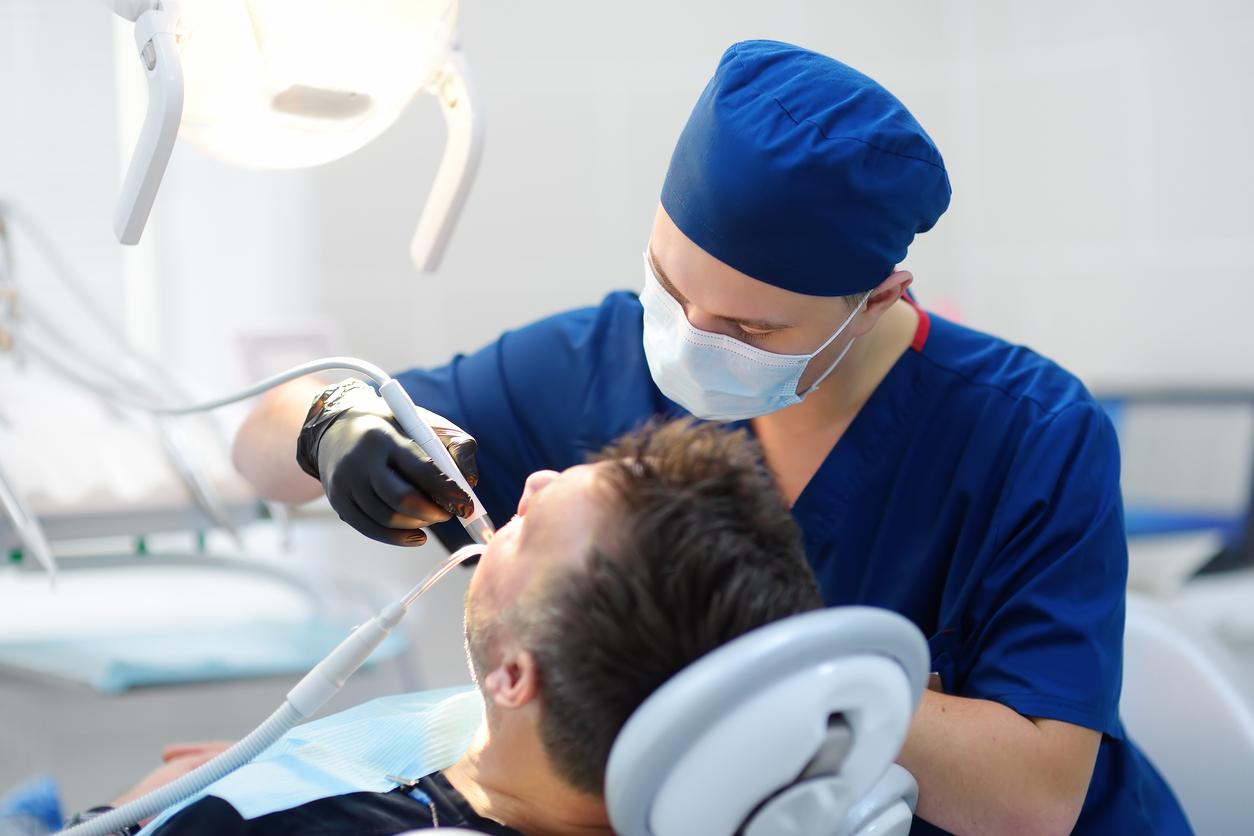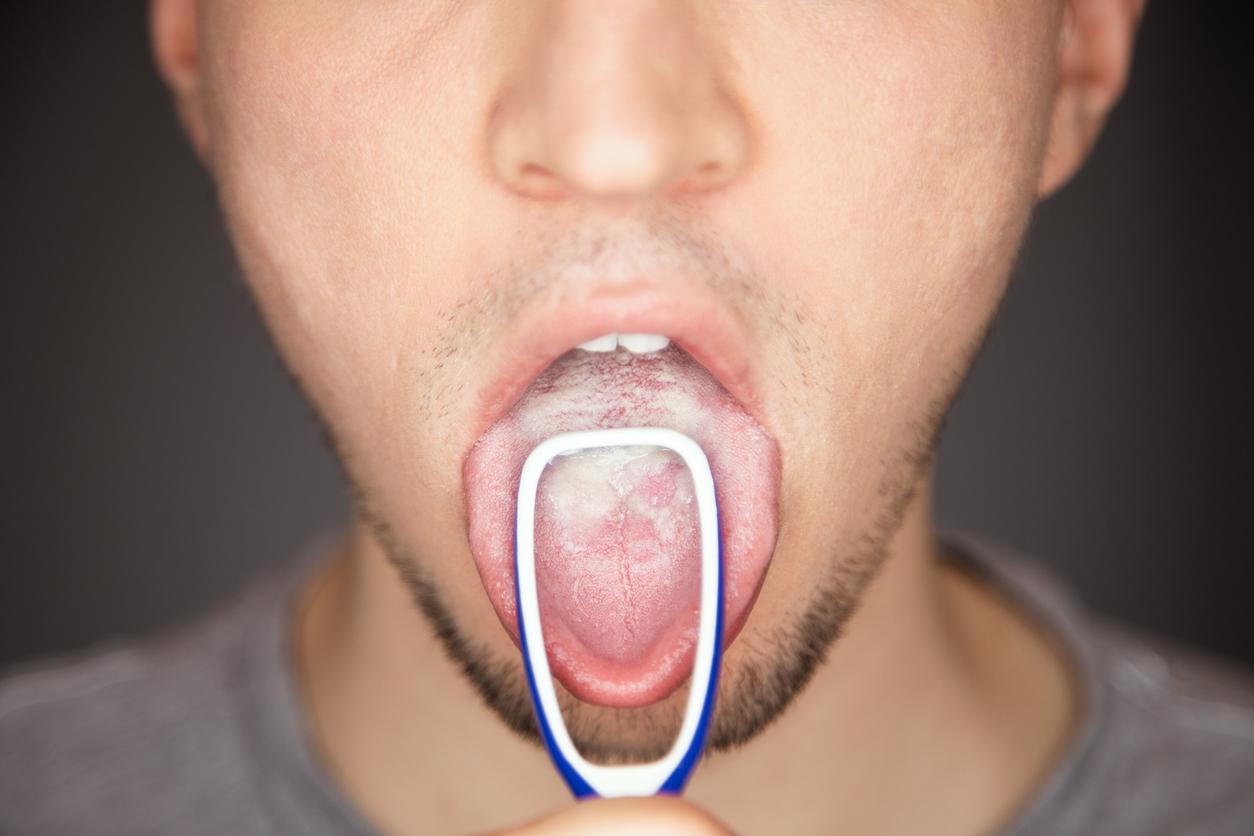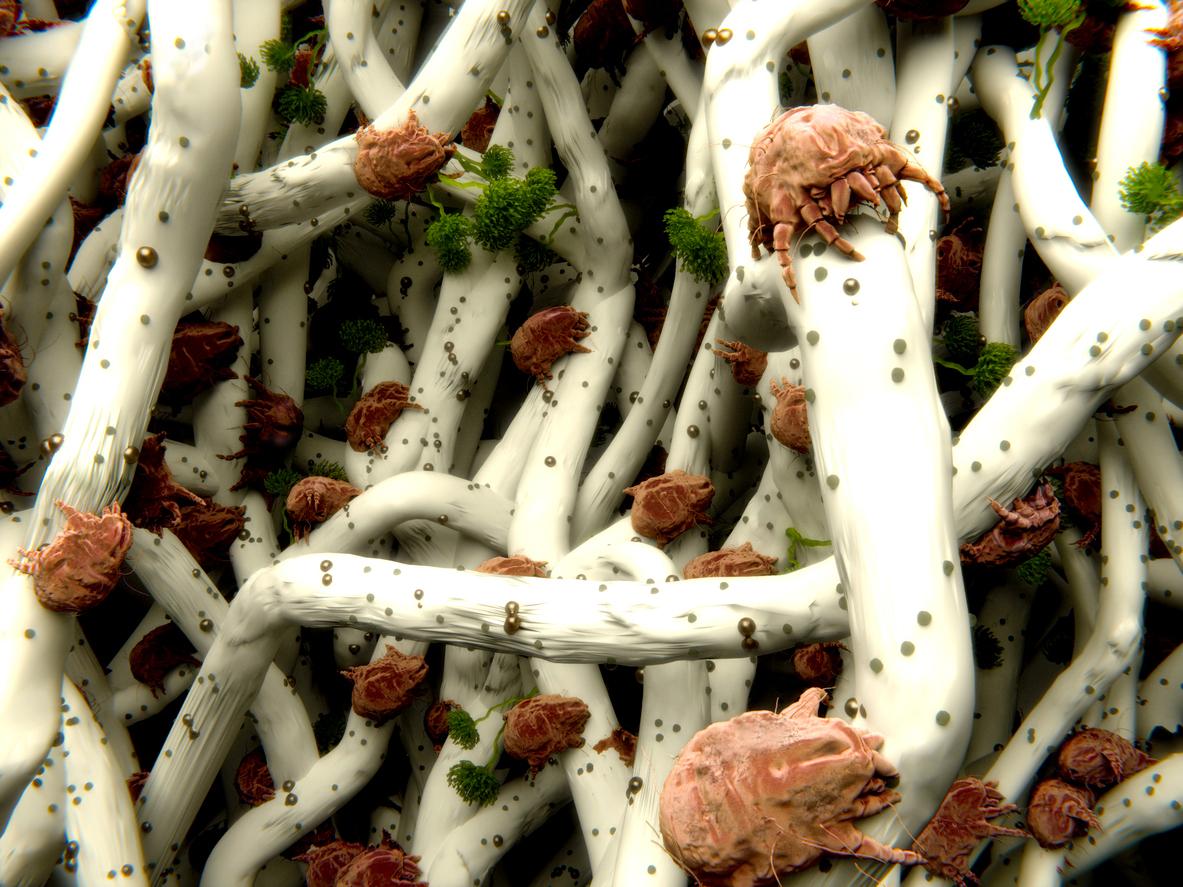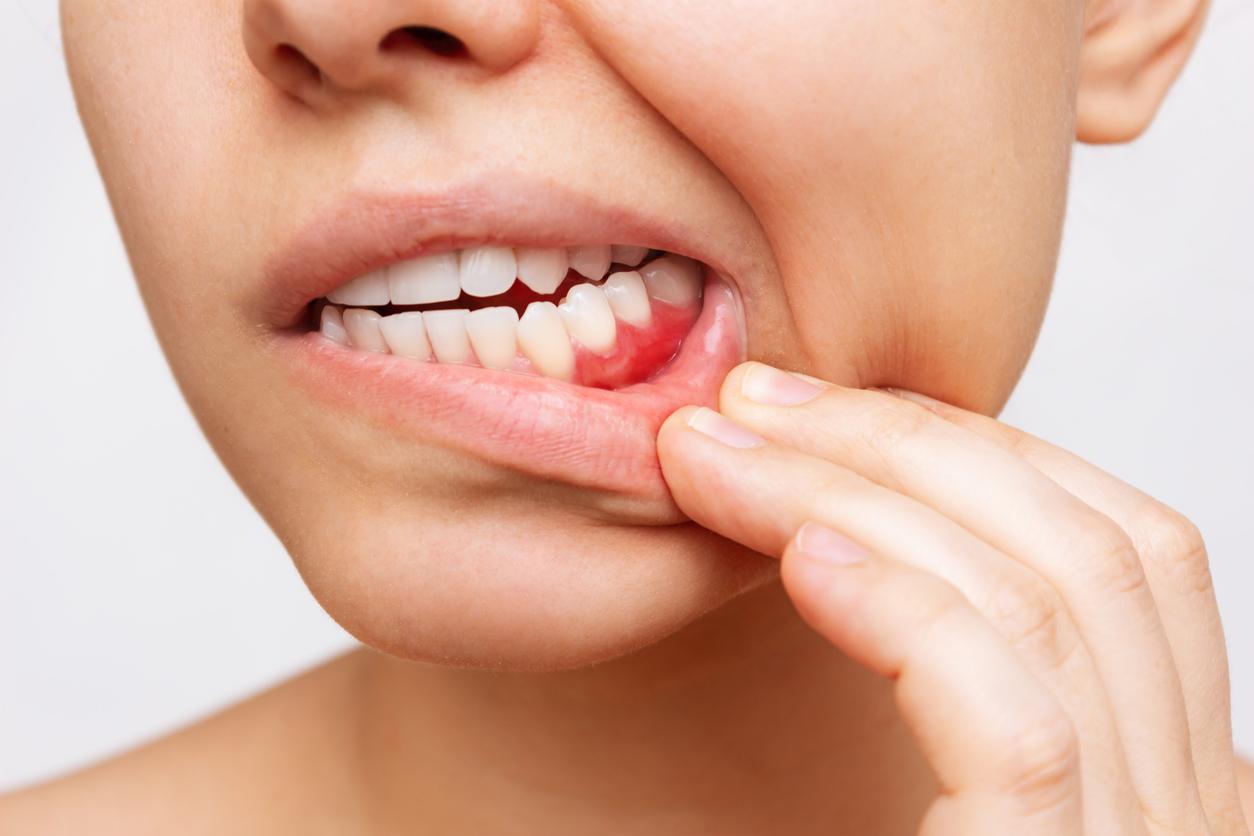Researchers have closely studied all the microorganisms that reside in our mouths, emphasizing the importance of having good oral hygiene.

- Oral hygiene affects the microorganisms that reside in our mouth
- The oral microbiome is made up of more than 700 species of bacteria
- Its imbalance can be responsible for periodontitis, a disease of infectious origin that affects and destroys the supporting tissues of the teeth.
We know that having good oral hygiene is essential to our health. Its researchers from the university of colorado (United States) have studied more closely the oral microbiome, that is to say all the micro-organisms (bacteria, fungi, etc.) that reside in our mouth and confirm that our habits in terms of oral hygiene affect these communities of bacteria. Their work has been published in the journal Scientific Reports.
For this survey, 366 people (181 adults and 185 young people aged 8 to 17) underwent a mouth swab using a swab and answered a questionnaire on their lifestyles and habits. Microbial DNA sequencing data revealed that volunteers who flossed had lower microbial diversity in their mouths than those who did not.
Gender, weight, age, diet
Similarly, the researchers found that adults who had been to the dentist in the past three months had lower oral microbial diversity than those who hadn’t been for 12 months or more. They actually had fewer pathogens called “treponemes”, at the origin of periodontal diseases.
Interesting fact: the microbiomes of young people varied according to gender and weight. Differences were observed in obese children and those with normal body mass index. It also appeared that obese children had higher levels of treponemes than others, suggesting a link between obesity and periodontal disease.
The oral flora of children aged 8-9 years were more diverse than those of adults, which varied more widely from person to person. Researchers believe this is because the environments and diets of adults are more varied than those of pups. They also saw that people living together shared similar microbiomes. The researchers therefore invite us to consider that oral health is closely linked to that of the whole body.
Periodontitis
According to the American Society of Microbiologythe oral microbiome consists of more than 700 species of bacteria. One of the best-known periodontal diseases is periodontitis, a disease of infectious origin that affects and destroys the supporting tissues of the teeth. It is usually a slow pathology caused by the stagnation of bacteria in dental plaque, which creates an inflammatory reaction on the gums and bones. If it can be slowed down on a daily basis thanks to meticulous dental and oral hygiene, periodontitis unfortunately cannot be cured.
According to the study “Epidemiology of periodontal status in dental adults in France, 2002-2003”published in 2007 in the Journal of Periodontal Research, 95.4% of the adult French population have clinical periodontal attachment loss.
.

















